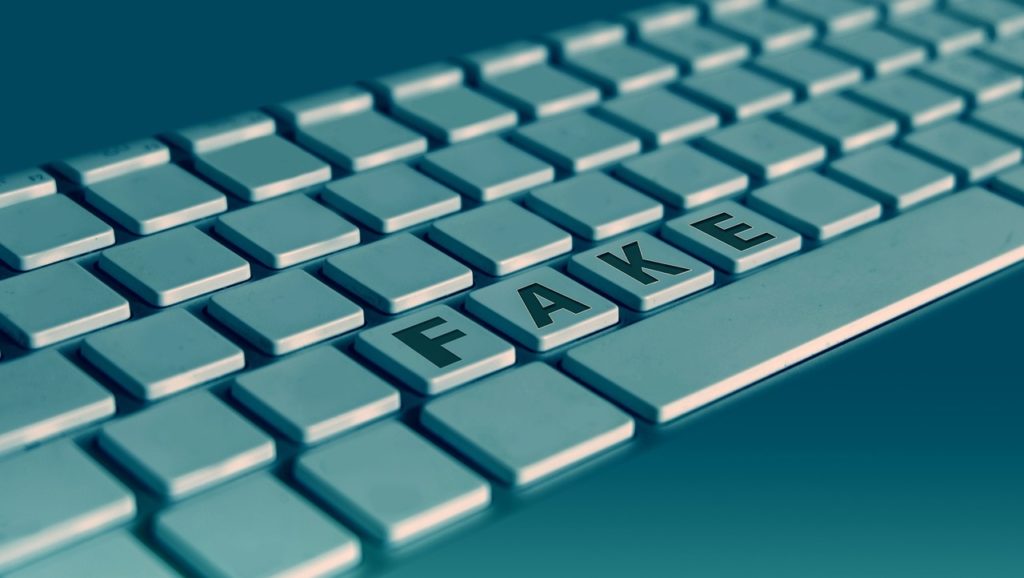Press Releases as Evidence-Based Medicine? An Exercise in Exaggeration

“Press Releases are frequently about as “Evidence-Based” as Mad Magazine.” -Dr. Russell Schierling
“Exaggeration in news is strongly associated with exaggeration in press releases. Improving the accuracy of academic press releases could represent a key opportunity for reducing misleading health related news.” The conclusion of the study being discussed today
In today’s touchy-feelie world of political correctness, few things miss the mark farther than the Orwellian concept of Evidence-Based Medicine (EBM). And few things are more absurd than Press Releases that are constantly trying to pass themselves off as EBM. Face it; a “Press Release” is, by definition, A COMMERCIAL.
So, when we see stories on the TV, internet, our favorite magazine or newspaper touting the latest pharmaceutical product, medical device, or surgical procedure, as the greatest thing since SLICED “GLUTEN FREE” BREAD, we should immediately realize that they can’t be trusted. In other words, many of these stories being run on the six o’clock news’ “Medical Minute” feature, are really commercials that have been purposely made to look and feel as though they’re not commercials.
Although I tackled this issue a few years ago (HERE), we are going to tackle it again, as the British Medical Journal published a study on the subject late last year (The Association Between Exaggeration in Health Related Science News and Academic Press Releases: A Retrospective Observational Study). What I am going to do is simply “cherry pick” a few sentences from the study for you to look at.
Medical Press Releases = Fake News

- Our findings may seem like bad news but we prefer to view them positively.
- The media demonstrably influences the behavior of scientists and doctors. Misleading messages can have adverse effects. The cumulative effect of everyday misreporting can confuse and erode public trust in science and medicine, with detrimental consequences. Previous research suggests that press releases can be a source of misinformation.
- University press releases have become the dominant link between academia and the media. (In other words, the Universities create and send out a Press Release to the media, who then creates a commercial —- er, uh, a “story” —- to report to their readers / viewers.)
- Given the likelihood that some statements in journal articles themselves would be considered exaggerated by other scientists in the specialty, our overall levels of measured exaggeration are likely to be underestimates. ……which is not to assume that peer reviewed publications are true; many already contain exaggeration……
- For our analysis of advice we found that 40% of the press releases contained more direct or explicit advice than did the journal article. The odds of exaggerated advice in news was 6.5 times higher when the press release contained exaggerated advice than when it did not.
- Although it is common to blame media outlets and their journalists for news perceived as exaggerated, sensationalized, or alarmist, our principle findings were that most of the inflation detected in our study did not occur de novo in the media but was already present in the text of the press releases produced by academics and their establishments.
- Some of the studies will have had press releases released from both university and journal, this could only increase the proportion of occasions when exaggeration is already contained in at least one important press release source.
- Most press releases issued by universities are drafted in dialogue between scientists and press officers and are not released without the approval of scientists, and thus most of the responsibility for exaggeration must lie with the scientific authors.
- Exaggeration in news is strongly associated with exaggeration in press releases.
As the son of an Oxford professor (a physician as well), Ben Goldacre grew up in academia. Dr. Goldacre is a non-practicing Psychiatrist who is known world-wide for his weekly column, Bad Science, as well as his blog of the same name. He travels the globe lecturing on the relationship between Big Pharma’s incestuous relationship with the medical journals, as well as inaccurate and over-exaggerated medical research.
Although not nearly as venomous as GORSKI, Goldacre is another of those who is not a fan of alternative or natural medicine. I bring all this up because Dr. Goldacre wrote a corresponding article in the very same issue of BMJ (Preventing Bad Reporting on Health Research). Because much of what he said echos the original research, I’ll only give you a few of his quotes.
- It is common to find correlational findings misrepresented.
- Over a third of press releases contained exaggerated advice, causal claims, or inference to humans. When press releases contained exaggeration, 58% to 86% of derived news stories contained similar exaggeration.
- A published summary of its [The HealthNewsReview website] first 500 appraisals found that most news articles failed to satisfactorily discuss the quality of the evidence or to quantify the absolute magnitude of benefits and harms. This is something I discussed just a few days ago (HERE).
The bottom line is that evidence-based medicine is not nearly as “evidence-based” as we have been led to believe (HERE). I would strongly challenge you to research any and every recommended treatment or therapy that any doctor recommends you or your loved ones. Once you begin to grasp how dangerous everyday medicines and procedures can be (HERE), this step makes sense. Oh; and be sure to like, share or follow on FACEBOOK if you appreciate the work and research that goes into my site!
